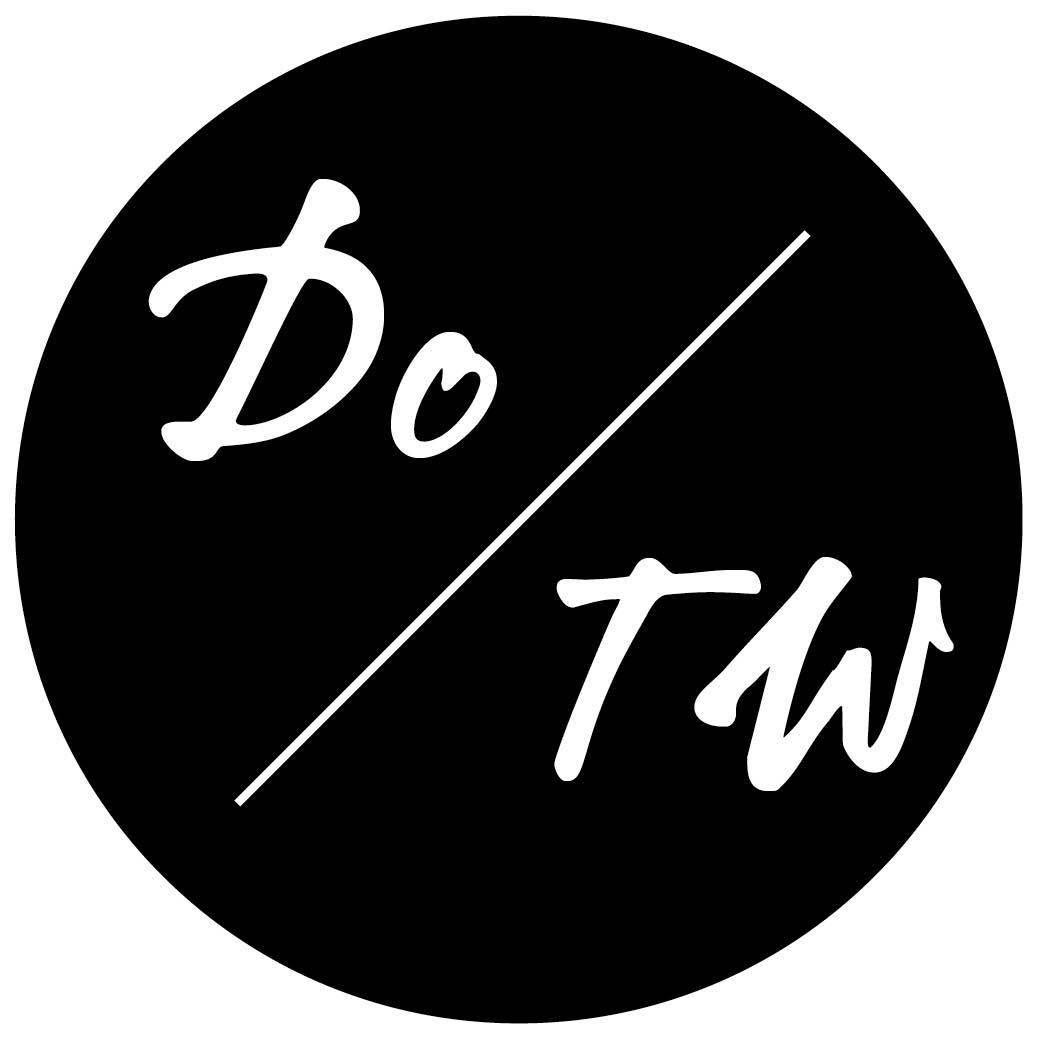The Paradox of “Successful” Travel Writing

Why did you decide to become a travel writer?
No, I’m not referring back to the three main types of travel writing motivation and how that informs the types of writing you should do and the clients you should work with.
For all of us, there is an undercurrent of wanting freedom, whether from a typical 9-to-5, from cultural misconceptions that trap people into viewing the rest of the world through stereotypes, or simply from only experiencing the world through the superficial lens of a two-day tourist.
There is a desire, if not pressing need, to see new places, learn from new people, experience new-to-you ways of being that are commonplace for millions of people. To sip continual from the fountain of world knowledge.
Right? (or something like that?)
So it’s not surprising when wanderlust-filled people who have in one way or another freed themselves from the shackles of conventionality, either by quitting a job to build a flourishing freelance business full-time or making a serious go at blogging no matter how many “normal” people call it a frivolous hobby, end up feeling very deluded about the freelance travel writing lifestyle.
The Catch-22 of Freelancing for A Travel Writer
For freelancers, there’s a well-documented feast-or-famine cycle that happens, especially in the early years, to anyone who doesn’t get on-top of setting up recurring, on-going streams of income.
To be a “success” as a freelancer then, you need to set yourself up to do the same work for the same client every week or month.
Did that thought make you cringe or have some other feeling of “ew, gross?”
Even I recoil from it, and I have done it for years in the name of having a regular check!
Because, here’s the thing, having regular work (security) may be very important in terms of priorities for all sorts of freelancers—like moms who want to spend more time at home with their kids while still earning a respectable income.
But the people who quit those jobs that give them a respectable income (let go of security) to go trot around the world to countries where they don’t know what to expect and there is no one waiting to welcome them and make sure they’re well looked after during their stay (even less security), clearly don’t put a high priority on doing things they don’t really want to do just because.
Discover More Inspiration:
- How to Rain the Right Things on Your Business, Elizabeth Gilbert and Hamilton-Style
- The First Humbling Lesson of Building Your Own Business
- Why Do We Avoid the Simple, Easy Steps that ACTUALLY Move Us Toward Our Goals?
Or, to put it in more business terms, they don’t put a high priority on doing work that doesn’t resonate with them at every moment just for the financial benefits.
This means that if you have a freelance travel writing client, or even the opportunity to work with a freelance travel writing client, that doesn’t make you really excited, and you have to choose between working and taking an impromptu sailing trip around the more than 20,000 islands of the Stockholm Archipelago, you are using a huge amount of your discipline reserves to do that work.
And when many of your clients are like that, or you’ve been stuck at the airport for 36 hours trying to get out of somewhere that shouldn’t be that difficult, like D.C., it’s even harder, as a travel writer, to push yourself to do those things that you’re simply not interested in. Your “putting up with it” reserves are depleted.
Am I saying never do work you don’t love and feel incredibly passionate about?
That’s a very lofty goal, but here’s the problem: we change, and the nature of any job does too. Even if you start working with a client thinking it’s the most perfect gig you have ever gotten your hands on because you get to write blog posts about your favorite country and interview people and learn even more about it, if, over time, you grow fascinated by the potential of video to showcase a destination, you can end up resenting and feeling a drag when you work on this once perfect gig.
We Can’t Live with 100% Uncertainty All the Time
The best way to keep yourself happy as a writer with a healthy mix of work that:
- you’re excited about now
- pays the bills
- you can do quickly and easily
- is tied to something new you’re learning about and super excited about
- includes things you can do when you’re low energy (we can’t all be hyper creative 40 hours a week; that’s super draining!)
…is to diversify.
Diversify the type of writing you do (articles, blogs, social media, white papers, etc.), the types of clients you work with (publications, travel tech companies, tour companies, CVBs, etc.), and the amount of work you are doing for each client (three posts a week, one white paper a month, two columns a month).
Make it that no two types of work you have are exactly the same, so that when you’re not excited about one, you can work on another and still be getting work done. Once you get into the groove, it’s much easier to go back to the one you weren’t excited about.
Not putting all of your eggs in one basket also means that when you do find that there is one client (or a couple, but hopefully not all at once), that you just can’t get in the mood for anymore, you can drop them without compromising your financial freedom because you have other regular things going on.
Because even though the folks who have blog partnerships with American Express or who write for high-profile blogs like National Geographic’s Intelligent Travel or magazines like Budget Travel may seem like a successful travel writer, really rocking this career means getting what you want out of it, achieving your travel dreams, and writing more about what you are excited to share with others about the world.
Want to Expand Your Expertise on This Topic?
Check out our info-packed video courses to go in-depth and quickly skill up. People have called them “a wealth of knowledge” and “invaluable tools,” and told us “you do an amazing job of helping people,” and “I am learning more from you than any other person.”
